The Gift of Rock Bottom
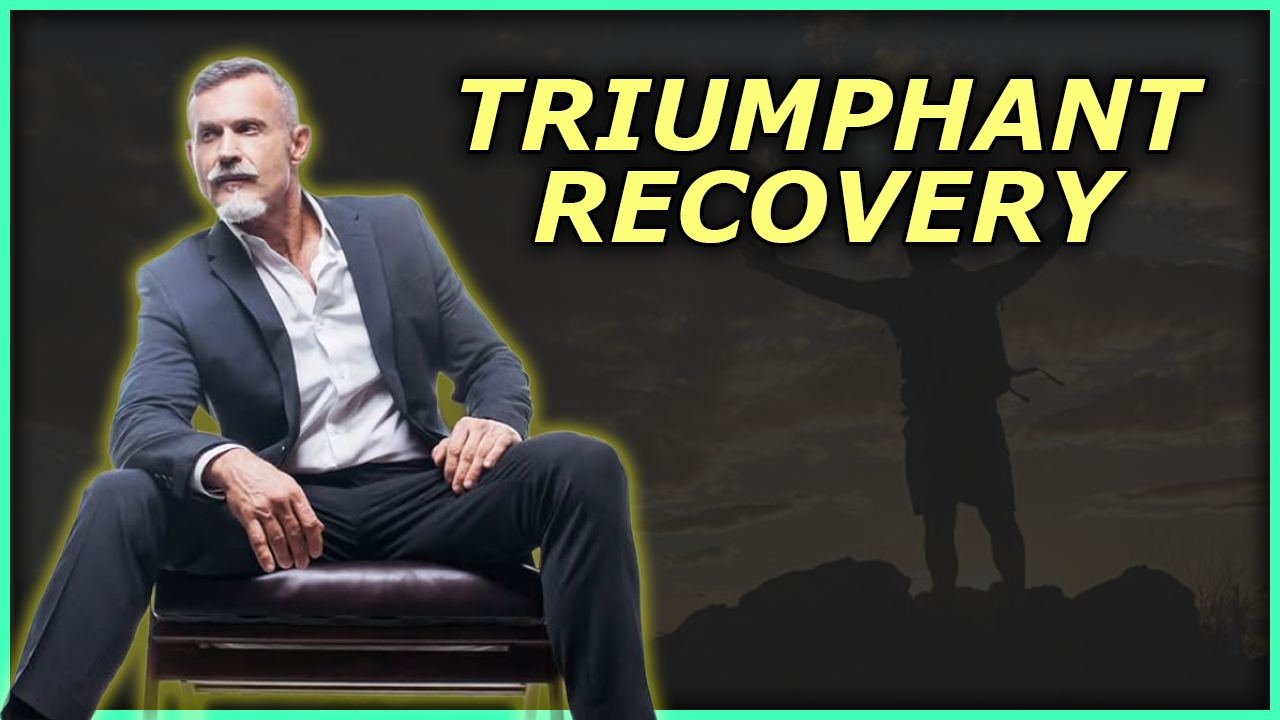
Kevin Davis's journey from 20 years of crystal meth addiction to becoming a successful model offers us a powerful roadmap for recovery. His story reminds us that transformation isn't just possible—it can lead to a life more fulfilling than we ever imagined.
The Rock Bottom Perspective
One of the most transformative concepts Kevin shares is what he calls the "rock bottom perspective."
After being arrested, spending 50 days in jail, and losing nearly everything, Kevin discovered something unexpected: gratitude for the smallest blessings.
When he arrived at rehab after incarceration, he felt ecstatic rather than trapped. He had his own room, his own bathroom, and possibilities stretched before him.
This perspective became his compass. Even years into recovery, Kevin returns to this mindset whenever he feels ungrateful or tempted.
He asks himself: "I used to not even have a place to sleep, and now I do. I used to be hungry and cold in my car, and now I'm watching TV on my couch."
The rock bottom perspective isn't about staying in pain—it's about maintaining clarity on how far you've come.
It transforms every forward step into a victory and every setback into something manageable. As Kevin puts it: "If I can overcome crystal meth, I can handle anything life throws at me."
Understanding the ChemSex Connection
Kevin's story illustrates the complex relationship between meth use and sexuality for many MSM.
Growing up in an ultra-religious family, Kevin carried deep shame about sex, especially gay sex.
Sober sex felt uncomfortable, plagued by intrusive thoughts and insecurities.
When he began using meth during sex, everything changed. The drug silenced the critical voices, boosted his confidence, and made sex feel intense and prolonged.
This created a devastating rewiring. Kevin's brain learned that arousal and satisfaction required meth.
Eventually, he couldn't become aroused without it. This neurological hijacking is why recovery from chemsex addiction requires such patience and intentionality.
Kevin also used meth to manage undiagnosed ADHD, finding that it helped him focus and complete projects.
This medicinal use, combined with the sexual enhancement, created multiple reinforcement pathways. Understanding your own reasons for using—whether it's managing neurodivergence, escaping sexual shame, seeking connection, or numbing pain—is crucial for recovery.
The Power of Stepping Outside Your Comfort Zone
A pivotal moment in Kevin's recovery came when a photographer approached him about modeling for romance novel covers.
His immediate impulse was to decline. Self-doubt flooded in: "This guy must just be hitting on me. I'm not good enough. People will reject me."
But Kevin recognized this pattern. The old Kevin would have backed out. The new Kevin decided to do things differently.
He took the opportunity, and it transformed his life. That single yes led to over 230 book covers, modeling at fashion shows, and a platform to help others.
Kevin developed a personal rule: whenever something scares him and he feels that old urge to back out, he knows he must do it. This isn't reckless—it's strategic.
Addiction shrinks our comfort zones until we're isolated, only comfortable with using and only around other users. Recovery requires deliberately expanding those zones again.
Your comfort zone will fight expansion. It will generate every reason why something won't work, why you'll fail, why you're not good enough. Recognize these thoughts as protective mechanisms, not truth.
They're your addiction trying to keep you small and safe in familiar patterns.
The Sexual Reintegration Journey
Kevin's approach to sexual reintegration offers crucial guidance for anyone recovering from chemsex addiction.
After seven years of celibacy, he's only recently begun exploring sexuality again. His caution isn't driven by fear—it's driven by wisdom and self-knowledge.
He recognizes that porn is a trigger, intertwined with his using. He knows that certain situations could activate old neural pathways. So he's intentional about every step.
He communicates expectations before any encounter. He starts with lower-pressure activities like making out rather than immediately pursuing full sex. He gets comfortable with one person before expanding to others. He vets potential partners to ensure they're not using.
Kevin distinguishes between avoiding sex out of fear versus avoiding it out of intuition. Fear-based avoidance keeps you stuck. Intuition-based avoidance protects your recovery while you build new neural pathways and positive experiences.
The process is gradual: first, surviving without sex while focusing on other life areas. Then, occasional thoughts of interest without pressure. Small positive experiences that don't trigger using. Slowly expanding comfort and confidence.
Eventually, developing a healthy sexuality that exists independently of substances.
There's no timeline for this. Some people reintegrate sexuality within months; for Kevin, it took seven years before he felt ready to cautiously begin.
Both paths are valid. The key is patience, intentionality, and refusing to catastrophize setbacks.
Controlling Your Narrative
For years, Kevin kept his addiction a secret, terrified of what people would think if they discovered he was "a junkie." When he got arrested, that secret exploded publicly. But something unexpected happened: sharing his story freed him.
As Kevin's modeling platform grew, he made a conscious choice to own his narrative. He shared openly about his addiction, homelessness, arrest, and recovery. The response was overwhelming.
People thanked him for his vulnerability. They told him he inspired them. They said he helped them understand their own addicted family members.
Kevin realized he had taken power away from the shame. The secret that once controlled him became a tool he wielded to help others. He was no longer hiding from his past—he was using it.
There's a crucial distinction here. Early in recovery, Kevin would list all his "red flags" on the first date out of shame: "I'm a former meth addict, etc." Dallas mentioned the same in his experience: "I have HIV, I have kids..." Do you res
This wasn't controlling his narrative; it was protecting himself from rejection by rejection himself first. It came from a place of unworthiness.
Later, Kevin shared his story from a place of strength and purpose. He wasn't apologizing for his past; he was showing others what's possible. He wasn't seeking approval; he was offering hope.
You get to decide how your story is told. If you don't tell it, others will fill in the blanks. The queer community, your family, society at large—they'll create their own version.
But when you courageously own your narrative, you transform shame into strength and secrets into connection.
Closing Reflection
Kevin's journey reminds us that recovery isn't just about stopping a behavior—it's about becoming someone new.
Someone who says yes to scary opportunities. Someone who owns their story. Someone who maintains a rock bottom perspective even when life gets good. Someone who expands their comfort zone deliberately and courageously.
Recovery is not built in a day. Each step forward, no matter how small, is a victory. Your journey is unique, and there's no universal timeline for healing. Be patient with yourself. Celebrate your progress. And never hesitate to reach out for support when you need it.
As Kevin emphasizes when thinking of people in active addiction: don't think of them as junkies or bad people.
Think of them as people who have had a really hard time in life and are struggling. That compassion applies to yourself too. You're not broken. You're healing. And like Kevin discovered, your life in recovery can be better than you ever imagined.
Five Reflective Questions
Take time to sit with these questions. There are no right answers, only honest ones.
- The Rock Bottom Perspective: When you think about where you were at your lowest point versus where you are now, what has changed? Even if you're still struggling, what do you have today that you didn't have then? How can you anchor yourself in this perspective when you feel ungrateful or triggered?
- Comfort Zone Audit: What opportunities have you avoided because they scared you? Can you identify a pattern where fear of failure or rejection has kept you from trying? What would it mean to adopt Kevin's rule: when something scares you, that's a sign you need to do it?
- The Sexual Connection: How did substances change your relationship with sex? What specific insecurities, fears, or shame did substances help you bypass? Understanding this honestly—without judgment—what does it reveal about what you need to heal to enjoy sex without substances?
- Narrative Control: Who knows your story, and how did they find out? Did you choose to share it, or was it revealed in crisis? How does it feel imagining sharing your story from a place of strength rather than shame? What's stopping you?
- Multiple Pathways to Using: Kevin used meth for ADHD management, pain relief, and sexual confidence. What were your multiple reasons for using? Looking at this list, which underlying needs have you addressed in recovery, and which still need attention?
Five Journal Prompts
Set aside quiet time to write freely. Don't edit yourself—let the words flow.
- Letter to Rock Bottom You: Write a letter to yourself at your lowest point. What would you tell that version of you? What comfort, hope, or perspective could you offer? How would you describe where you are now compared to where you were then? How does it feel to realize you survived something you weren't sure you'd survive?
- The "What If I Hadn't" Exploration: Kevin says if he hadn't hit rock bottom, he wouldn't be where he is today. Write about your own rock bottom or turning point. What did you learn from it that you couldn't have learned any other way? How has that painful experience actually served your growth? What became possible only because you went through it?
- Mapping Your Comfort Zone: Draw a circle representing your comfort zone during active addiction. What was inside it? Now draw your current comfort zone. What's expanded? What's still constricted? Finally, draw your ideal comfort zone—what would be inside if fear didn't hold you back? What specific small steps could you take to expand toward that ideal?
- The Sex and Shame Connection: Write about your earliest messages about sex. What did you learn from family, religion, or culture? When did you first feel shame about your sexuality? How did substances temporarily resolve that shame? Now, without substances, what does healing that shame look like? What do you need to believe about yourself and your sexuality to be free?
- Your Narrative, Your Terms: Write your story as you'd want to tell it to someone who could benefit from hearing it. Not from shame or self-protection, but from a place of strength and hope. What are the key moments? What did you learn? What do you want others to know is possible? Notice how it feels to tell your story this way—with ownership rather than apology.
Actionable Exercise : The Gratitude Anchor
Duration: 10 minutes daily for one week
Kevin stays grounded by remembering what he didn't have. Create your own gratitude anchor practice:
- Each morning this week, before you check your phone or get out of bed, spend 10 minutes with your eyes closed.
- Recall three specific moments from your active addiction when you lacked something you have now. Be visceral—remember the cold, the hunger, the fear, the shame.
- Now, notice three things you have in this present moment. Feel the bed beneath you, the roof over your head, the safety of this moment.
- Throughout the day, when you feel ungrateful or triggered, return to this contrast. Whisper to yourself: "I used to [specific struggle], and now I [specific blessing]."
By the end of the week, notice if this practice shifts your baseline emotional state.
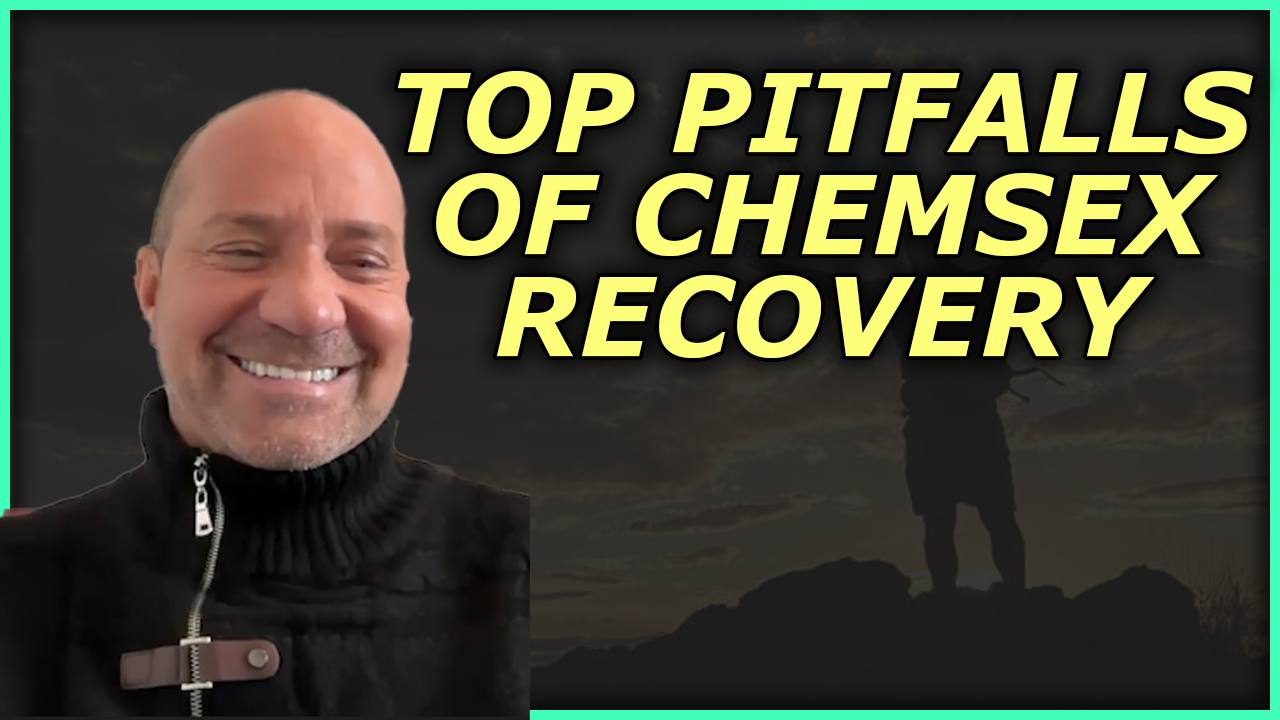
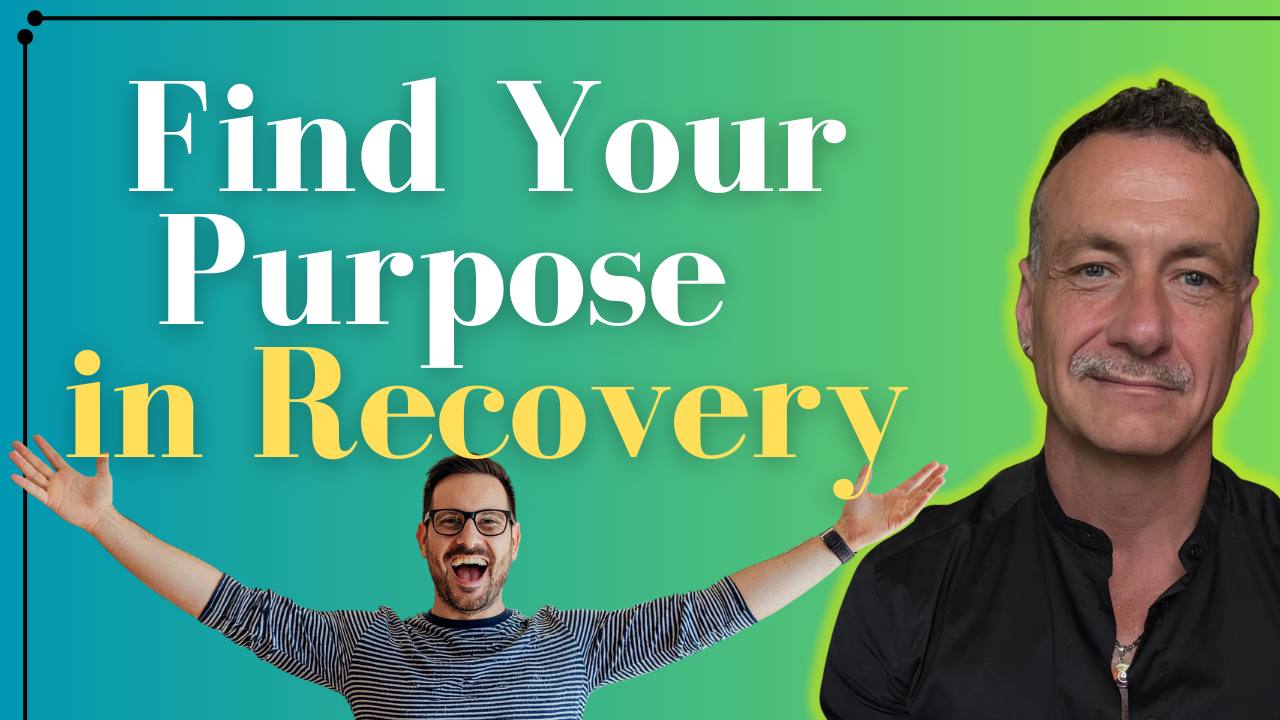
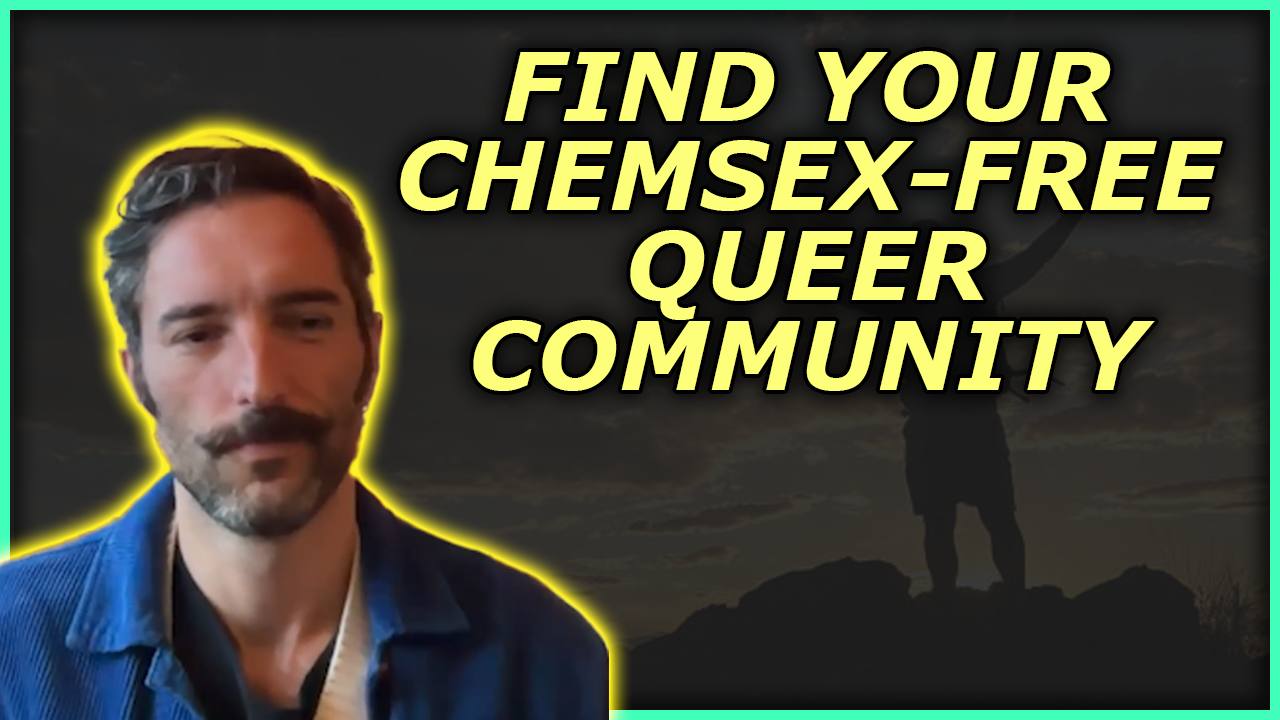

Responses